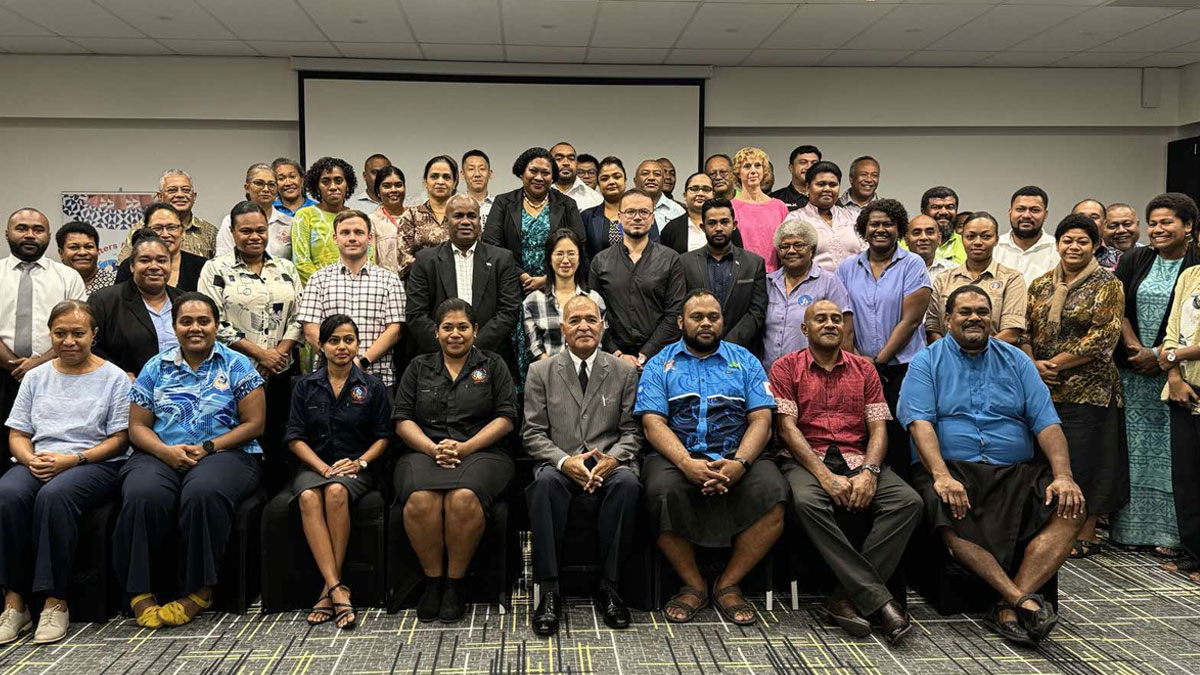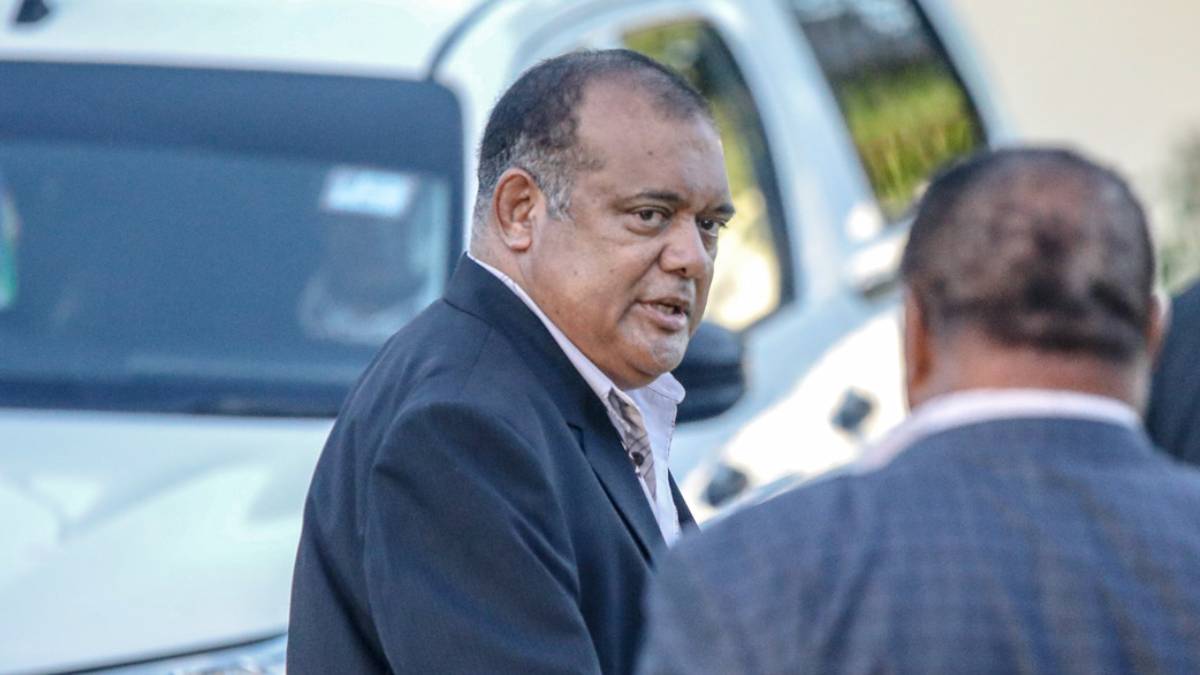
The Fiji Humanitarian Policy is undergoing a revision to allow humanitarian action in Fiji to be principled, coordinated and responsive to the needs of the communities when they are affected by disasters and other societal disruptions, whether they be natural or manmade.
This has been highlighted by the Permanent Secretary for Rural and Maritime Development Isoa Talemaibua while opening the Final Validation Workshop on the National Humanitarian Policy and National Disaster Risk Reduction Policy Monitoring and Evaluation Framework Agenda.
Talemaibua says the revised version of the Humanitarian Policy, features fifteen thematic areas, as opposed to the four that were present in the original policy, which demonstrates how quickly humanitarian work has evolved since 2017, when the policy was first published.
He says these new thematic areas are a reflection of the work that has been done in Fiji, in the humanitarian space, such as international deployments, a focus on the needs of women, children and youth, emphasis on localization and traditional knowledge, and cash-based assistance.
Talemaibua says it also takes into consideration, key initiatives that will become law under the revised National Disaster Management Bill, such as the Fiji Humanitarian Cluster System and Volunteer Organisations Registry.
The Permanent Secretary says the revised Bill was endorsed by Cabinet last month, and they are looking at the earliest opportunity to present it to Parliament, to get it formally enacted into legislation.
Stay tuned for the latest news on our radio stations

